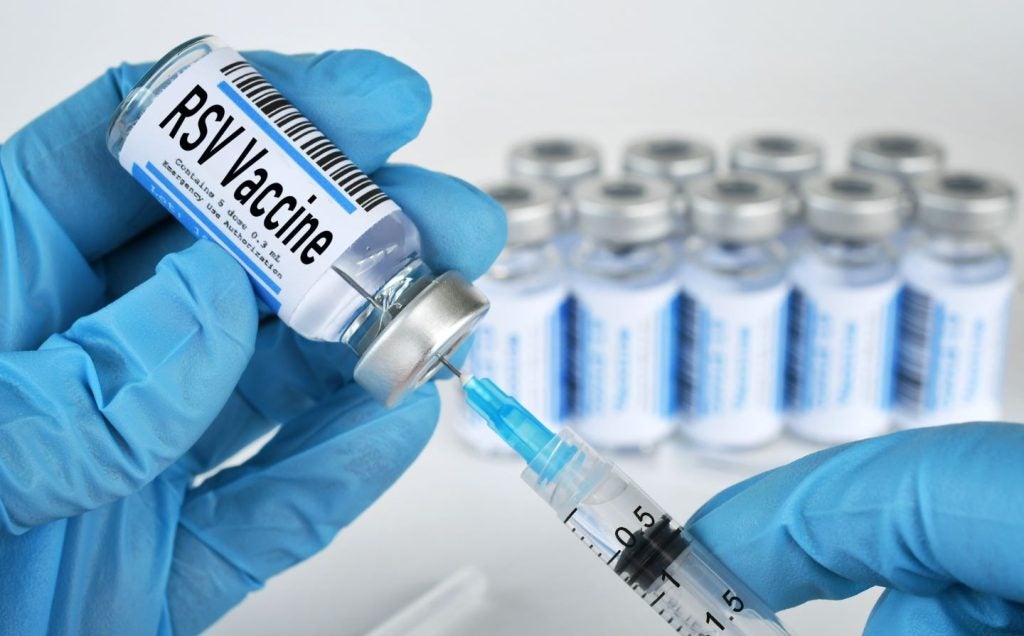There were numerous articles in September 2017 that covered a wide range of topical issues. Here are five of the best stories you might have missed… (click the headline to finish reading the story)
General Data Protection Regulation: The Impact on Clinical Trials and Data Subjects
The EU rules on data protection seek to protect individuals by placing restrictions on the processing (collecting, storing or using) of their personal data. Under the new General Data Protection Regulation 2016/679/EU (“GDPR”), which will apply throughout the EU from May 25, 2018, these rules have been strengthened: data subjects have new rights to help ensure their data are processed securely and with adequate protections, and clearer responsibilities and obligations are placed on companies using such data.
Site Management in the Era of ICH-GCP E6 R2
When the new ICH-GCP E6 R2 revision came into effect on June 14, 2017, the European Medicines Agency (EMA) was the first among three agencies (Food and Drug Administration, EMA and Pharmaceuticals and Medical Devices Agency) to implement this updated regulation. The E6 R2 revision is long in the making, and it implements some of the requests that have been made by legislators throughout the last decade. Among these, particular importance and emphasis are given to investigator and sponsors’ oversight duties.
eSource Data Integration
Data are the elements that comprise the outcome of a clinical trial. A long time ago data was collected on pieces of paper, with scribbles and cross-out, supplemented with initials and dates. Pharmaceutical development tightened their processes and evolved into today’s galaxy with limited-access databases and remote entry. The industry generally retained the core quest for “truth” by monitoring against the stored hospital records. This time-honored tradition was finally shaken by TransCelerate with a subsequent reduction in source document verification, replaced by remote monitoring for oddities and inconsistencies.
Pharmaceutical Outsourcing Market – M&A and Capital Raisings: Part I
The total number of pharmaceutical outsourcing deals increased at a torrid pace of 62.2 percent in 2016, from 249 deals in 2015 to 404 in 2016. The spike was accompanied by skyrocketing deal values of 117.5 percent year-to-year, from $9.4 billion in 2015, to over $20.5 billion in 2016. GlobalData attributes the growth in 2016 to large-valued mergers and acquisitions (M&As), as the market continues to witness intense consolidation of CDMO (contract development manufacturing organization) services, and to additional investment flowing into the sector as equity raisings across all deal types (IPO, VC/PE, PIPE, and secondary offerings) experienced greater activity when compared to previous years.
See Also:
Perils and Pitfalls When Dealing with an Assay Dependent Clinical Trial
In my work directing clinical device studies, I sometimes have trials that are highly dependent on laboratory results. These labs may be local or they may be central labs, but most often trials will use a mix of local and central labs.
How well do you really know your competitors?
Access the most comprehensive Company Profiles on the market, powered by GlobalData. Save hours of research. Gain competitive edge.

Thank you!
Your download email will arrive shortly
Not ready to buy yet? Download a free sample
We are confident about the unique quality of our Company Profiles. However, we want you to make the most beneficial decision for your business, so we offer a free sample that you can download by submitting the below form
By GlobalDataOften overlooked is just how critical laboratory results are to the trial’s integrity and even the primary clinical endpoint. Poorly managed samples will equal poor results, with the potential to derail years of costly clinical research. As with many things in the medical field, there has been a tremendous shift toward consolidation among medical laboratories with the end result that niche, specialty clinical laboratories no longer exist, and established assays that were less than mainstream are no longer performed. Further, in the rush to cut costs, the specialists required to run and interpret these results are no longer available.
PHOTO CREDIT: Rob Nguyen







